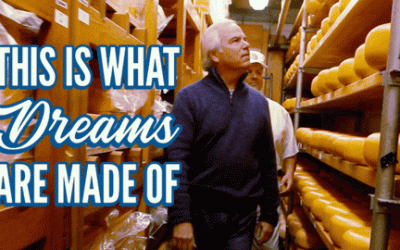Fertile soils are vital to productive agriculture and global food security. But according to a recent study out of the United Kingdom, global agricultural soils are not oK.
Potassium-deficient: According to the study—a joint effort amongst researchers from University College London, University of Edinburgh, and the U.K. Centre for Ecology & Hydrology—20% of all agricultural soils across the globe face a severe potassium deficiency.
According to study co-author Professor Mark Maslin, “potassium is critical to sustaining the crop yields that keep the world fed, and its depletion poses a significant threat to the food security of millions of people around the world.”
The deficiencies are the worst in East Asia, Latin America, Sub-Saharan Africa, and Southeast Asia (where a whopping 44% are potassium-deficient).
What’s going on? Basically, agriculture is pulling more potassium from the soil than what’s being replaced. Furthermore, the production of potash—the primary source of potassium fertilizer—is concentrated in only a few countries, and issues over recent years (pandemic recovery, war in Ukraine, fuel prices, etc) stymied production and distribution, leading to insane price hikes for the important fertilizer.
The researchers did offer six recommendations to help stem the threat to our global food system:
- Better potassium management
- Intergovernmental coordination
- Managing price fluctuations within countries
- Conducting further soil potassium research
- Evaluating the environmental impact of potash mining
- Developing a global circular potassium economy (reduce, reuse, recycle)
The data is here. Now, it’s up to the global community to take action and ensure the future of our food supply.
The Future of Fertilizer Is Glass
Watch out traditional fertilizers…there’s a new fertilizer on the scene, and it’s made of glass....
Dairy Industry Making Mooves
The dairy industry is making mooves. Last week the Fair Milk Pricing for Farmers Act received...
404: Climate Data Not Found
The Purge isn’t just a horror movie. It’s also happening IRL. But…in terms of website content, to...




